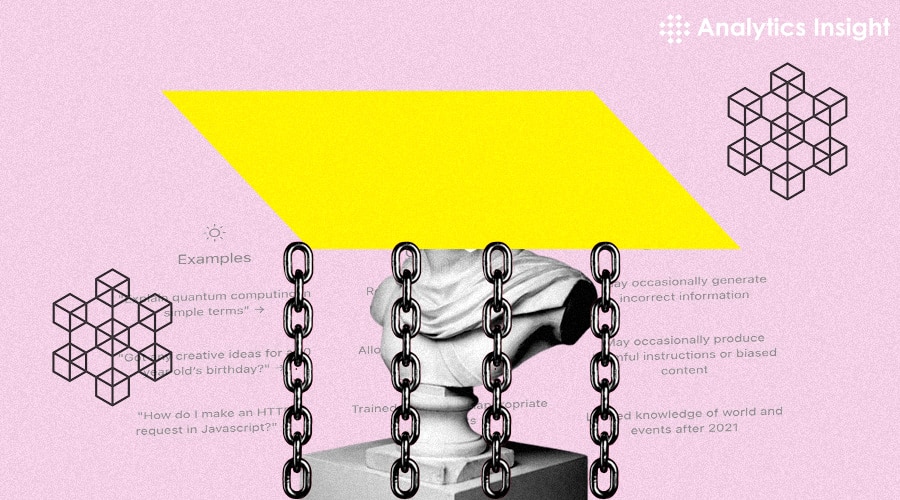.post-author {
position: relative;
padding-bottom: 0px;
height: 28px;
}
.author-image {
position: absolute;
bottom: 0;
left: -60px;
width: 100%;
border-radius: 0%;
cursor: pointer;
}
@media only screen and (max-width: 600px) {
.img {
position: absolute;
left: 20%;
width: 250px;
height: 200px;
}
.author-image {
left: 0px;
width: 100%;
}
.code-block .container {
padding: 0px;
}
.post-author {
margin-bottom: 0;
}
}

Blockchain’s Impact on Data Science: Enhancing Security and Collaboration
Blockchain is the future of data science. It is a decentralized ledger that stores an ever-growing set of records in secure and encrypted blocks. These pieces are then connected to form an interconnected chain, hence the name blockchain. Blockchain offers advantages such as providing transparent data in a form that is verifiable, immutable, and unalterable.
Here’s how blockchain can boost the field of data science:
Data Integrity and Trust:
One of the major challenges in data science is ensuring the integrity and truth of the data being analyzed. Blockchain’s immutable ledger provides a tamper-proof record of transactions, making it ideal for maintaining the integrity of data systems. By using blockchain, data scientists can verify the origin of data and place confidence in the information they are analyzing.
Enhanced data security:
Data breaches and unauthorized access pose a significant threat to sensitive information in traditional data storage systems. Blockchain cryptographic techniques and decentralized architecture provide a strong security measure, reducing the risk of data misuse and unauthorized access This increased security measure ensures trust from data providers and customers, fostering greater collaboration and knowledge sharing within the data science community.
Enhanced data sharing and collaboration:
Data science often involves collaboration between multiple stakeholders, including researchers, analysts, and data providers but sharing data across platforms and organizations can be difficult and easily underperform. Blockchain enables secure, peer-to-peer data sharing through smart contracts, facilitating easy collaboration while ensuring data privacy and ownership rights.
Decentralized data marketplace:
Traditional data marketplaces are centralized platforms that manage data distribution and monetization. Blockchain technology enables decentralized data marketplaces, where data providers can monetize their datasets directly without intermediaries. These decentralized markets empower data scientists to generate high-quality data sets, spurring innovation and generating new insights across industries.
Data traceability and compliance:
With increased regulatory scrutiny on data privacy and compliance, organizations face increasing pressure to ensure compliance with data security laws and regulations Blockchain’s transparent nature and auditable capabilities enable real-time monitoring and auditing of data transactions, simplifying compliance efforts as well as reducing regulatory risks. By maintaining a comprehensive accountability approach to data processing, organizations can demonstrate accountability and transparency in their data management practices.
Conclusion: Blockchain technology holds great promise to revolutionize data science by addressing critical challenges of data integrity, security, collaboration, and compliance. By harnessing the power of blockchain, data scientists can open up new opportunities for innovation, discovery, and value creation in an increasingly data-driven world.



